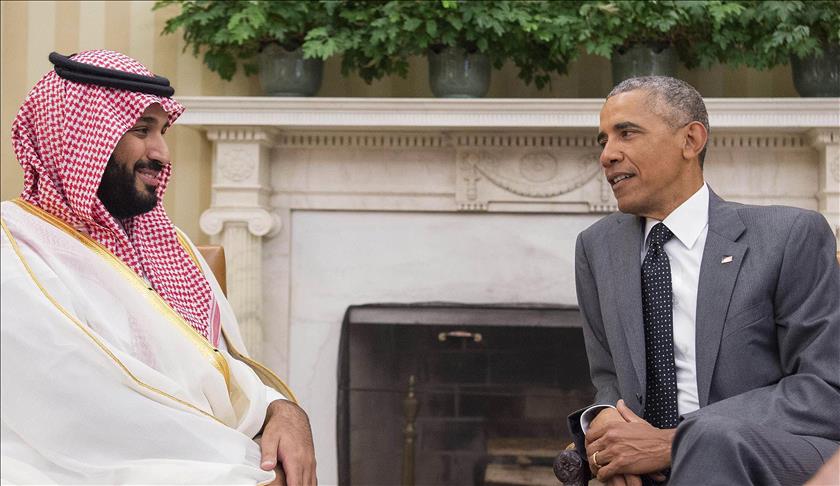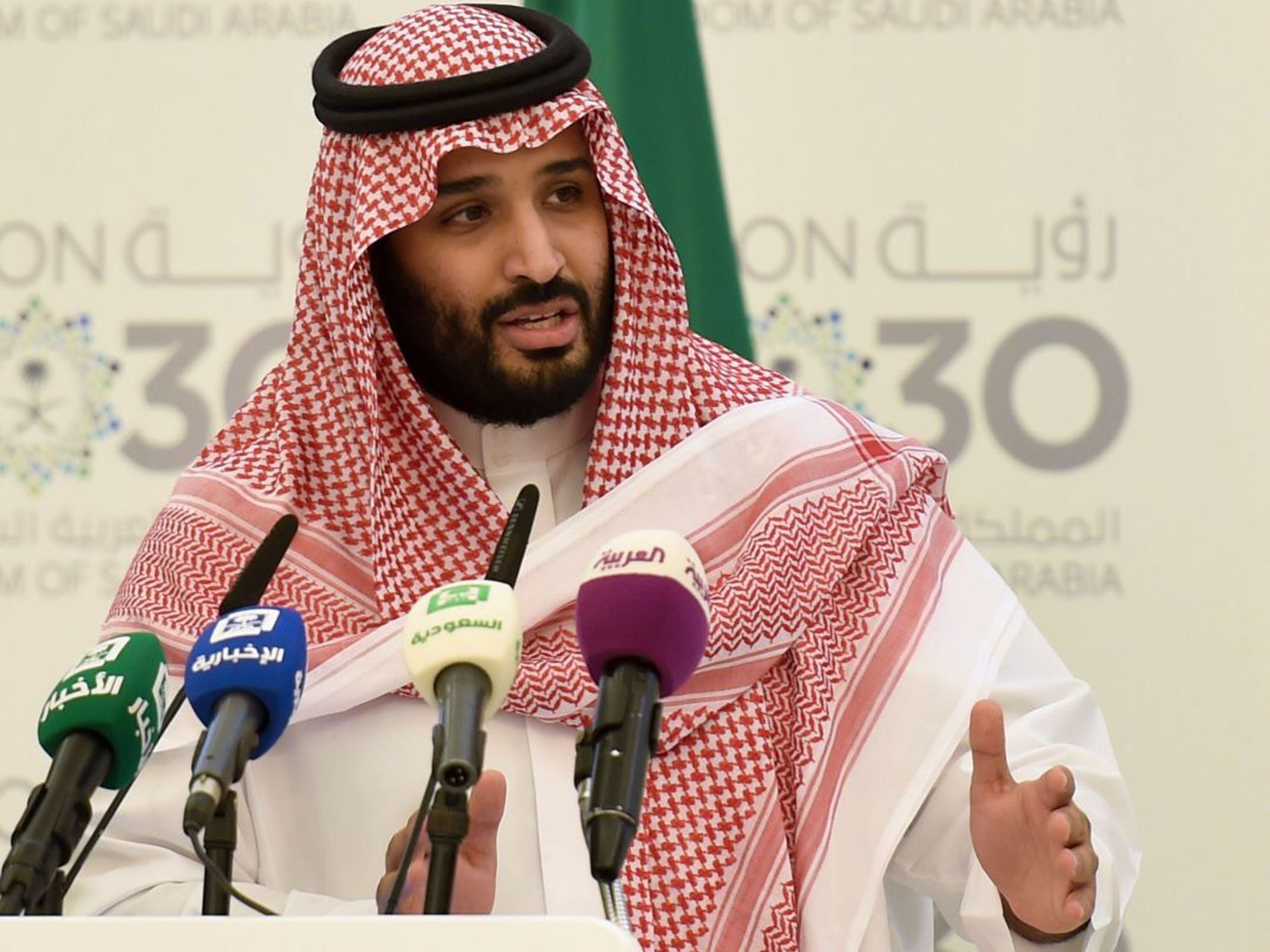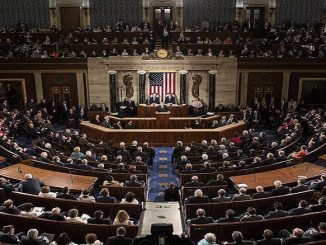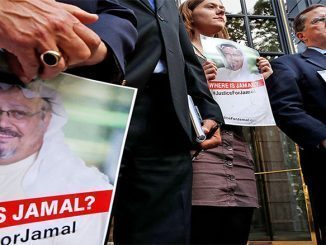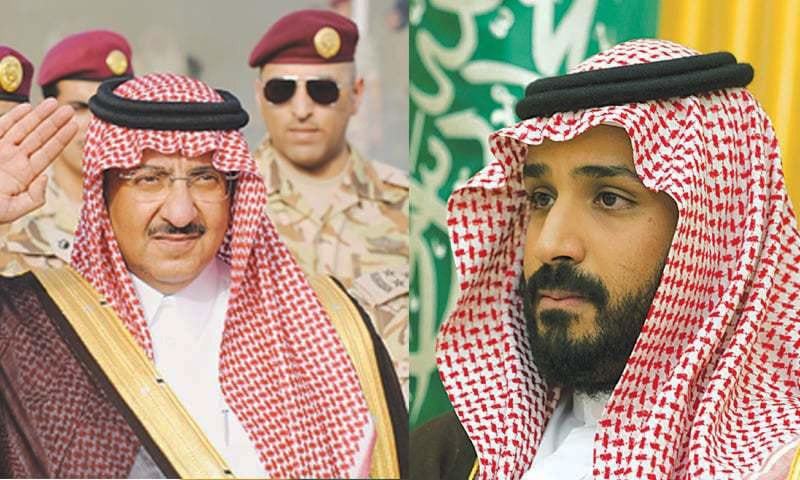
A visit to the US by Saudi Arabia’s young deputy crown prince has raised speculation that his superiors are seriously ill and are being pushed out of the kingdom’s political scene.
Bruce Riedel, a former national intelligence officer and a member of US President Barack Obama’s transition team, told NBC News on Friday that 30-year-old bin Salman was visiting the US because his father King Salman and Prince Mohammed bin Nayef, second in line to the throne, are both seriously ill.
“We’ve put a lot of markers down on Mohammed bin Nayef. It’s the smart move to do the same with bin Salman. It’s an opportunity to get to know him,” Riedel said. saudi Arabia
Bin Nayef, bin Salman’s cousin, has long been seen as a steady pair of hands and, unlike some vying for power in the kingdom, not a long-term threat because he has no children of his own. saudi Arabia
He has also traditionally been viewed as the US favourite and has cooperated closely with Washington on security and counter-terrorism issues for years, but he has increasingly kept a low profile, with speculation running rife about why.
A well-informed Saudi source told Middle East Eye on Saturday that 56-year-old bin Nayef was physically fine and recently went on a hunting trip to Algeria.
Instead, the source said, bin Salman’s trip was “designed to make him US’s number one Saudi ally and to push [bin Nayef] out of the scene”.

Prince Mohammed bin Salman and U.S. support
Bin Salman, who also serves as the Saudi defense minister, is currently on a visit to the US aimed at restoring ties with Washington and promoting plans to overhaul the country’s oil-dependent economy.
He has met with US President Barack Obama and Defense Secretary Ashton Carter during the lengthy visit that started on June 13. He is also expected to hold a meeting with UN Secretary General Ban Ki-moon next week.
Simon Henderson of the Washington Institute for Near East Policy told AFP that bin Salman is “notionally number three in the hierarchy, but effectively he’s number one” because the 80-year-old king prefers that his son take over the kingdom.
A Bahraini source also said that the trip was probably part of a longer-term plan to bolster the young prince’s international reputation and that it is widely believed he will be made crown prince and heir apparent in the not too distant future.
The trip came at a key time, with the long-time allies locking horns over Washington’s growing closeness with regional arch-rival Iran and the US refusal to intervene militarily against Syrian President Bashar al-Assad.
It also came a month after the US Senate passed a bill that would allow victims or the families of those killed in the 9/11 attacks on the US to sue Saudi Arabia over its alleged support of terrorism. Obama has threatened to veto the bill should it appear on his desk.
By official accounts, his Washington trip was a success, despite eyebrows being raised about bin Salman meeting with Obama, a rare honour usually reserved for heads of state.
Even as bin Salman landed in Washington, officials had yet to confirm if the prince would get a one-on-one. But on Friday, the two spoke together in the Oval Office, the media in tow.
“The meetings were very, very positive. I believe there was a commonality in terms of visions and views,” said Saudi Foreign Minister Adel al-Jubeir.
In general, bin Salman’s youth and policies have proven popular with the kingdom’s young population, but pockets of resentment about the impact of promised privatisation remain as do powerful enemies resentful of the prince’s growing dominance.
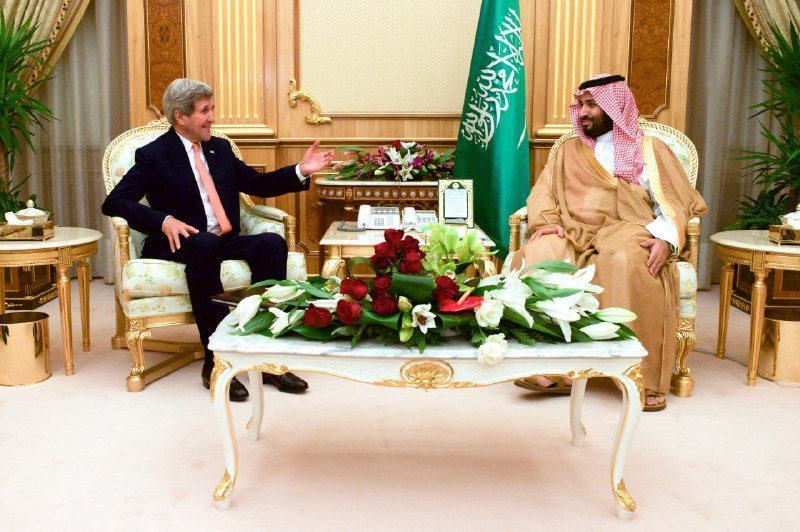
Tension inside Saudi Royal Family
Bin Salman has been granted increasing power since he was named the third in line to the throne last April. He is heading up the country’s economic reforms, policy towards Syria and deadly aggression against Yemen.
According to the Saudi source, bin Salman has secretly carved out a plan to severely curb the influence of Wahhabism, the strict interpretation of Islam followed in Saudi Arabia, by arresting clerics and shutting down institutions.
However, the young prince’s meteoric rise seems to have sparked tensions within the Saudi royal family.
On Saturday, Ahmed Tuwaijari, a former member of the kingdom’s consultative assembly and a confidant of King Salman, was recorded as saying that the position of deputy crown prince, which was created by former Saudi Arabian King Abdullah bin Abdulaziz Al Saud in 2014, violates the Saudi law.
There are two ways to create a ruling body in the country, a real way which is “managed well and results in the real expression of society” and a fake way “which does not represent reality and tries to justify everything for the ruler and whoever is with him,” Tuwaijari said.
